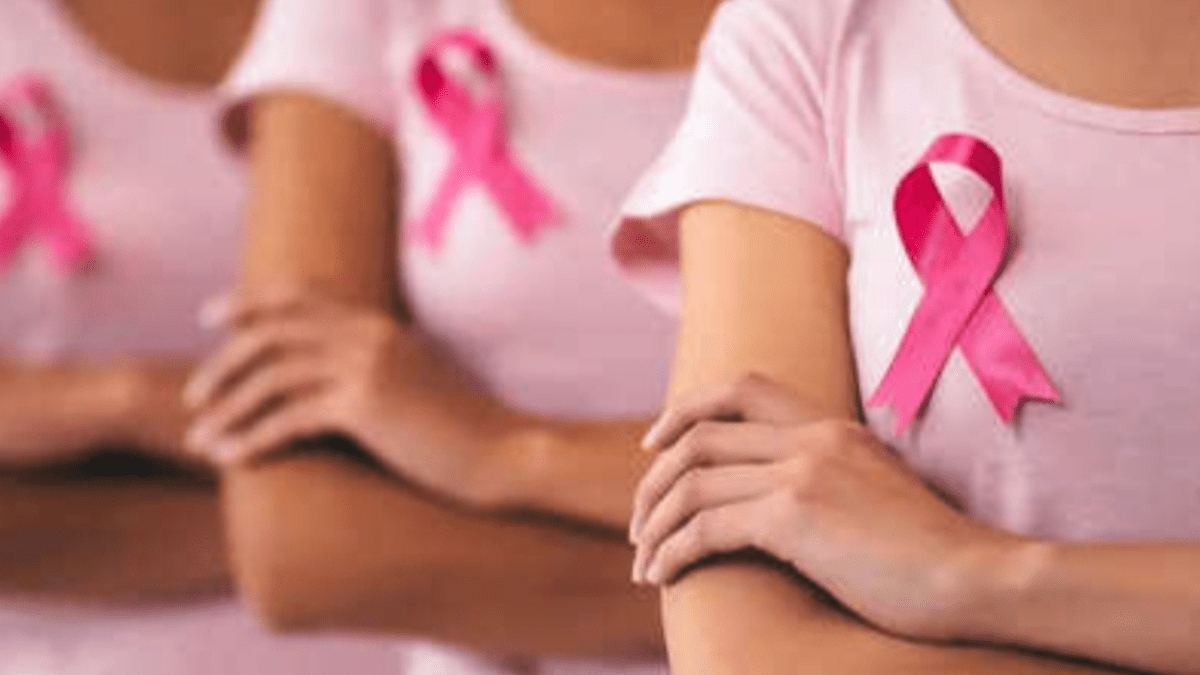By adopting these holistic lifestyle adjustments, you may empower yourself with knowledge and take proactive measures toward the prevention of breast cancer.
Women are particularly concerned about breast cancer, but the chances can be reduced with the appropriate information and preventative measures. We enlisted the help of several experts to present the best women’s health advice for breast cancer awareness and prevention in order to support your efforts to promote better health and general wellbeing.
Frequent Exercise and the Prevention of Obesity:
Include frequent exercise in your regimen to keep your weight in check. Being overweight is recognized to increase the risk of breast cancer, so exercise is essential.
Timely Childbearing:
Try to have your first child before the age of thirty. Think about having children early and on schedule. Younger births may lower the risk of breast cancer, according to studies.
Breastfeeding:
Welcome to the practice of breastfeeding, which has been associated with several health advantages for both mother and child. To improve breast health, try to breastfeed for a minimum of six months.
Steer Clear of Long-Term Hormone Therapy:
Continuous long-term hormone therapy should be avoided. To reduce possible dangers, go about alternatives with your healthcare professional.
Healthy Lifestyle:
The first line of defense is to adopt a healthy lifestyle. Don’t smoke as well as heavy alcohol use, since these behaviors have been connected to a higher risk of breast cancer.
Family History Awareness:
It’s important to be aware of your family history. Knowing that there is a risk factor for breast cancer in the family enables one to make proactive health decisions and make educated decisions.
Frequent Examination of the Breasts:
After the age of 30, encourage the practice of routinely examining one’s own breasts. It is a quick and affordable method of identifying any alterations early on, which increases the likelihood that treatment will be beneficial.
Screening for mammograms:
Understand the importance of age as a risk factor. Promote yearly mammograms in high-risk groups after the age of 40, and every 18 months in average-risk groups beyond the age of 45.
Take Prompt Action for Abnormalities:
Never disregard a lump or discharge from the nipple. If any abnormalities are found, consult a breast expert for advice on a clinical breast examination.
Early Diagnosis and Treatment:
Recognize that not all lumps are malignant, and that most breast cancers are treatable with early detection. Success stories are largely attributed to timely intervention and routine screenings.
Empower yourself with knowledge and take proactive efforts towards breast cancer prevention. Making these lifestyle adjustments and keeping an eye on your breast health will help create a healthier and happier future for yourself and your family. Recall that the secret to overcoming breast cancer obstacles is early identification.
